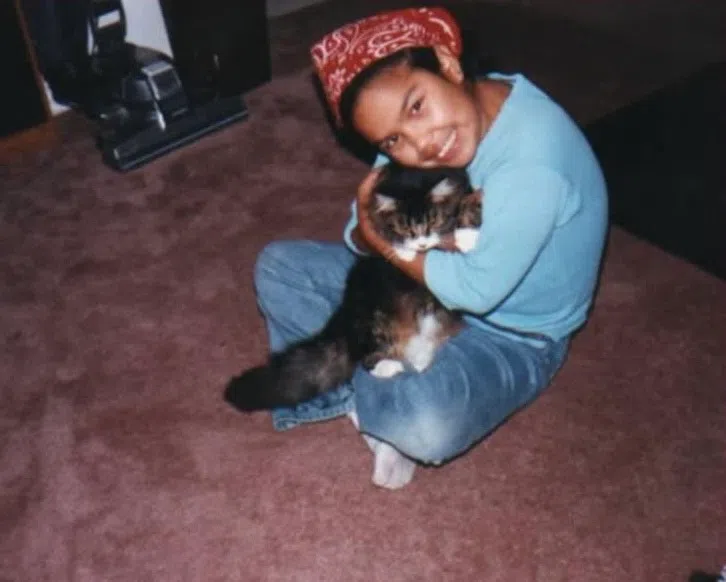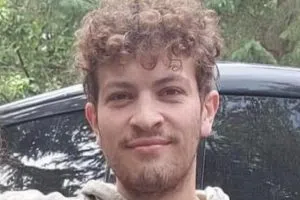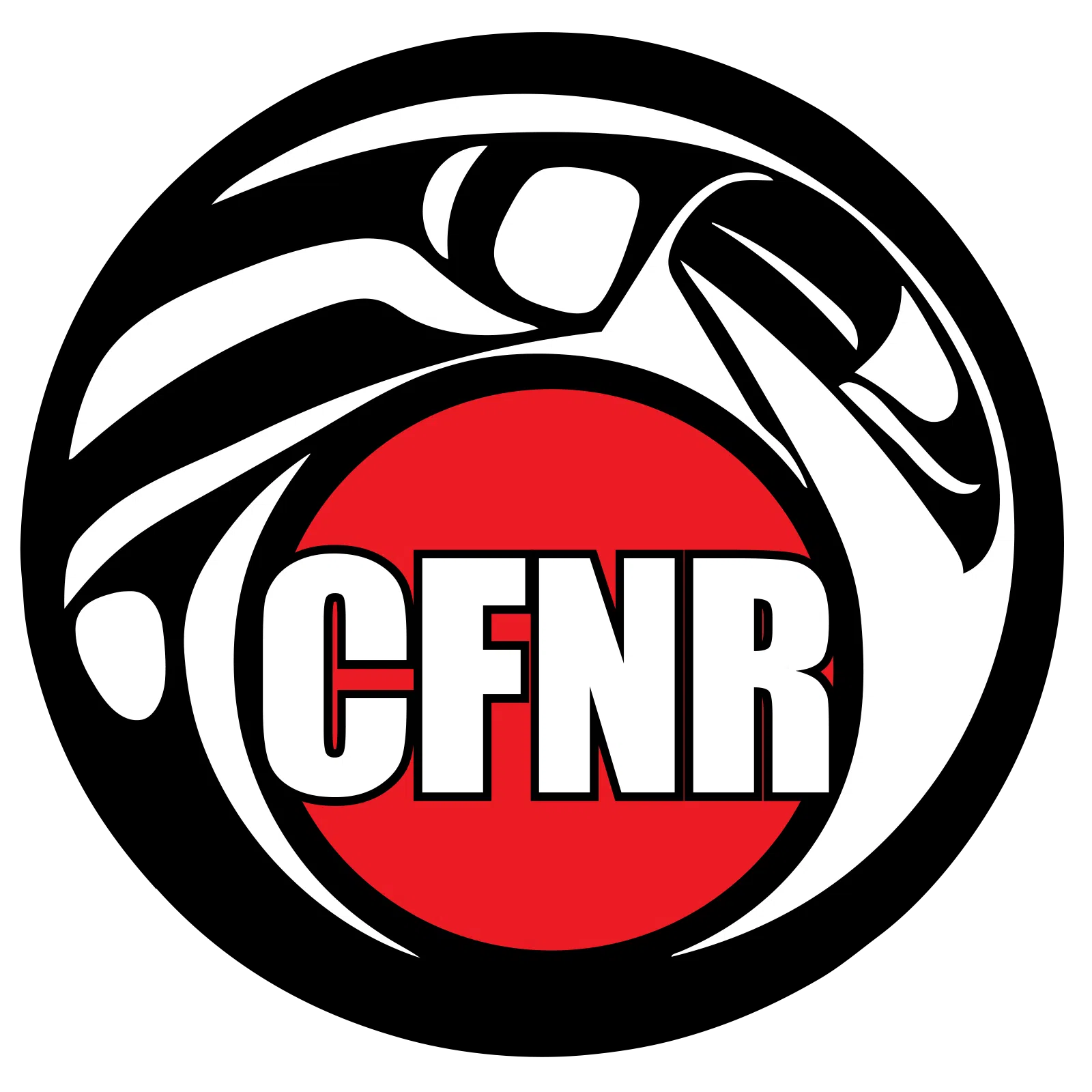The First Nations Health Authority (FNHA) has released its 2024 data on toxic drug poisonings, showing a slight decline in deaths and emergency events—but also revealing that First Nations people in B.C. remain disproportionately affected by the toxic drug crisis.
There was a 6.8% drop in toxic drug poisoning deaths among First Nations people last year, with 427 lives lost compared to 458 in 2023. Poisoning events also declined by 8.4%, from 3,713 to 3,400. While the data signals some progress, First Nations individuals died at a rate 6.7 times higher than other B.C. residents—highlighting the largest disparity recorded since the public health emergency was declared in 2016.
FNHA leaders say the numbers show harm reduction efforts are saving lives and must be expanded. Between 2018 and 2022, FNHA modelling estimates that over 1,000 deaths were averted through harm reduction education and supports.
In 2024, FNHA distributed over 5,400 naloxone kits, supported thousands through opioid therapy and virtual care, and funded more than 100 harm reduction projects. The organization continues to prioritize culturally safe, community-led responses that support healing and save lives in the face of this ongoing public health crisis.










Comments